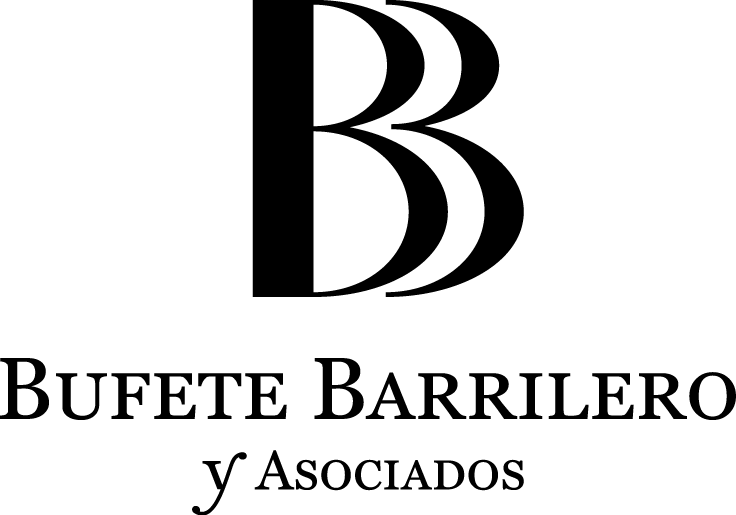Gerard Buzzi Rodríguez
COMERCIAL LAW
On March 14, the Official Gazette of the Spanish Parliament published the Draft Law on Administrators and Buyers of Credits, a key regulation aimed at comprehensively regulating the market for non-performing loans (NPLs) in Spain. This initiative transposes Directive (EU) 2021/2167 into Spanish law and forms part of a broader European strategy to clean up bank balance sheets, protect financial consumers, and enhance transparency in the secondary credit market.
What Are Non-Performing Loans?
NPLs are loans where the borrower has defaulted or is unlikely to repay. These types of assets have gained importance since the financial crisis, and efficient management is essential to maintain the stability of the financial system.
Authorization for Credit Administrators
One of the main novelties in the draft law is that anyone who wishes to administer non-performing loans must obtain prior authorization from the Bank of Spain. This activity is now subject to legal reservation and requires mandatory registration in a specific registry managed by the Bank of Spain.
To obtain this authorization, the following are required:
- Administrators and holders of significant stakes must meet honorability and experience criteria.
- Robust governance and internal control systems must be in place.
- To manage borrower funds, a special authorization is required, with the obligation to maintain segregated accounts in EU-authorized credit institutions.
The authorization process must be resolved within 90 calendar days from the moment the application is deemed complete. If no resolution is issued within this period, the request will be considered denied by administrative silence.
Obligations for Credit Buyers
Buyers of NPLs cannot alter the original contractual terms of the acquired loans. Additionally, both sellers and buyers must report detailed information about transactions biannually to the Bank of Spain.
This traceability is crucial for enhancing market transparency and regulatory oversight, especially in a sector historically marked by opacity.
Shared Requirements and Borrower Protection
The law also imposes shared obligations on administrators and buyers concerning transaction documentation, informational transparency, and above all, borrower protection.
Entities will be required to implement effective complaint resolution systems, referring to the upcoming law establishing the Independent Administrative Authority for Financial Consumer Protection, which will act as an extrajudicial mechanism for resolving disputes between entities and consumers.
Furthermore, there is a reinforced obligation to protect financially vulnerable individuals, including beneficiaries of Spain’s Minimum Living Income (Ingreso Mínimo Vital). These individuals must be offered a repayment plan before any enforcement of the credit.
Transitional and Sanctions Regime
Entities currently managing NPLs when the law comes into force will have three months to apply for authorization. They may continue operations during the application process but must cease activities if they fail to apply in time.
A specific sanctions regime is introduced, incorporating these new obligations into Spain’s existing financial discipline framework. The Bank of Spain will be the competent authority to impose penalties.
Legal Overhaul: Coordinated Reform
The draft law not only establishes a specific framework for NPL administrators and buyers but also amends multiple key financial and legal statutes in a coordinated manner. Notable changes include:
- Updates to Insolvency Law to ensure special protection for funds managed by administrators in case of bankruptcy.
- Extension of reporting obligations to the CIRBE (Central Credit Register) for these operators, similar to traditional financial institutions.
- Reinforcement of transparency requirements and communication with borrowers in consumer and mortgage credit contracts, especially regarding contract modifications and debt renegotiation.
- An updated sanctions regime in financial legislation to accommodate the new obligations and regulated actors, allowing specific sanctions for NPL administrators and buyers.
Conclusion
This draft law represents a structural shift in the treatment of non-performing loans in Spain. It aligns national regulations with European standards and strengthens borrower protection. For entities operating in this field, compliance with the new rules will be essential to continue their activities.


